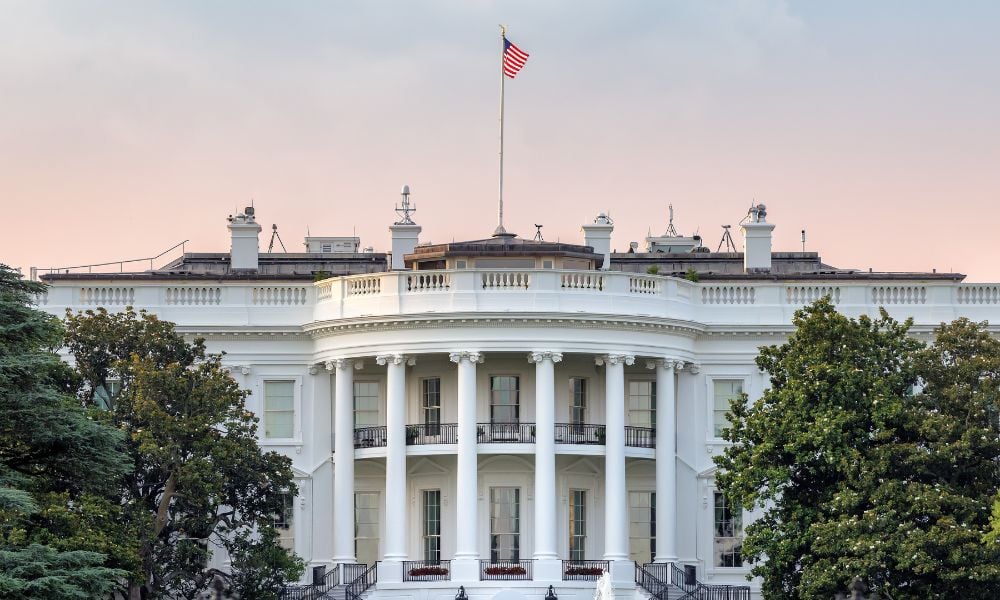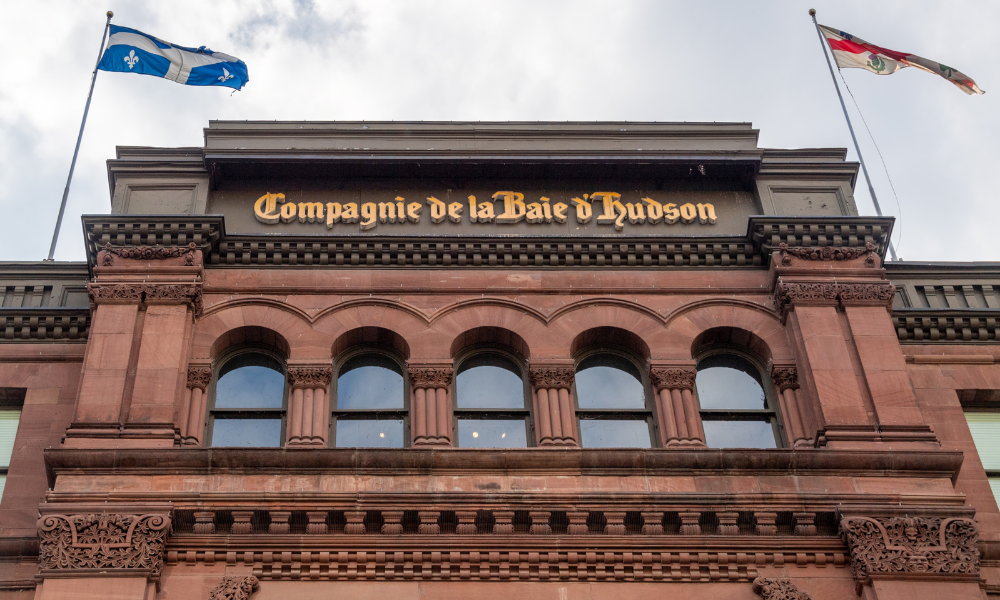Target implementation date is Dec. 1, 2022

Having announced plans in March to launch a new dental care program for low-income Canadians, Ottawa is providing more details on how it will work.
The program would be restricted to families with an income of less than $90,000 annually, with no co-pays for anyone under $70,000 annually in income.
The federal government said it continues to take steps to build a comprehensive national long-term dental care program, and it remains committed to full implementation of a dental care program for households with incomes under $90,000 by 2025.
In July, the federal government asked for feedback on its plans for a national program.
The Canada Dental Benefit
The proposed Canada Dental Benefit would provide eligible parents or guardians with direct, upfront, tax-free payments to cover dental expenses for children under 12 years old.
The target implementation date is Dec. 1, 2022 — pending Parliamentary approval and Royal Assent of enabling legislation — and the program would cover expenses retroactive to Oct. 1, 2022.
The Canada Dental Benefit would provide payments up to $650 per child per year for families with adjusted net income under $90,000 per year and without dental coverage.
- $650 would be provided for each eligible child if the family’s adjusted net income is under $70,000.
- $390 would be provided for each eligible child if the family’s adjusted net income is between $70,000 and $79,999.
- $260 would be provided for each eligible child if the family’s adjusted net income is between $80,000 and $89,999.
It is estimated that 500,000 Canadian children would benefit from this targeted investment of $938 million, says Ottawa.
Recently, Canadian HR Reporter spoke with three experts for their thoughts on how employers and employees might benefit from this new program.
CRA access
To access the benefit, parents or guardians of eligible children would need to apply through the Canada Revenue Agency (CRA). In addition, they would need to attest that:
- their child does not have access to private dental care coverage
- they will have out-of-pocket dental care expenses for which they will use the benefit
- they understand they will need to provide documentation to verify out-of-pocket expenses occurred.
The Canada Dental Benefit would not reduce other federal income-tested benefits such as the Canada Workers Benefit, the Canada Child Benefit, and the Goods and Services Tax Credit.
Mixed response
Ottawa’s latest announcement was met with concerns.
“Is the Canada Dental Benefit just a cash transfer to families who file an application saying they don't have private coverage and they promise to use the cash on dental care? That is *not* a plan to provide access to necessary dental care. It doesn't bode well for #pharmacare,” tweeted Steve Morgan, professor in the School of Population and Public Health at the University of British Columbia.
"Right now, it's not a dental plan,” said David Stevenson, a spokesperson for the Ontario Dental Association and its former president, in a CBC report.
"This is a stop-gap measure... a financial aid package at this stage,” he said. "Hopefully this will progress further so that we can identify who needs it, identify what they need, and then properly fund it so that the folks that need care get care.”




